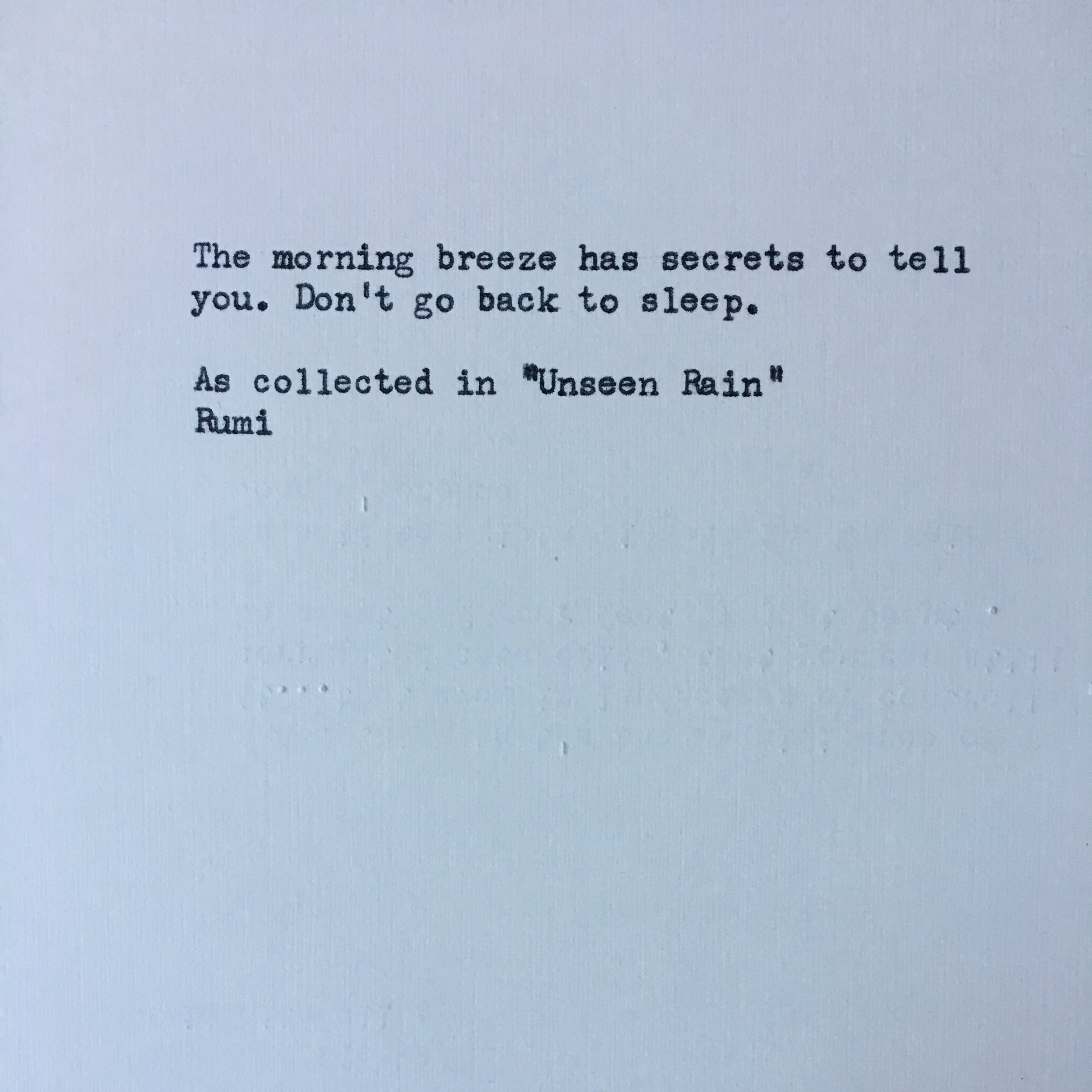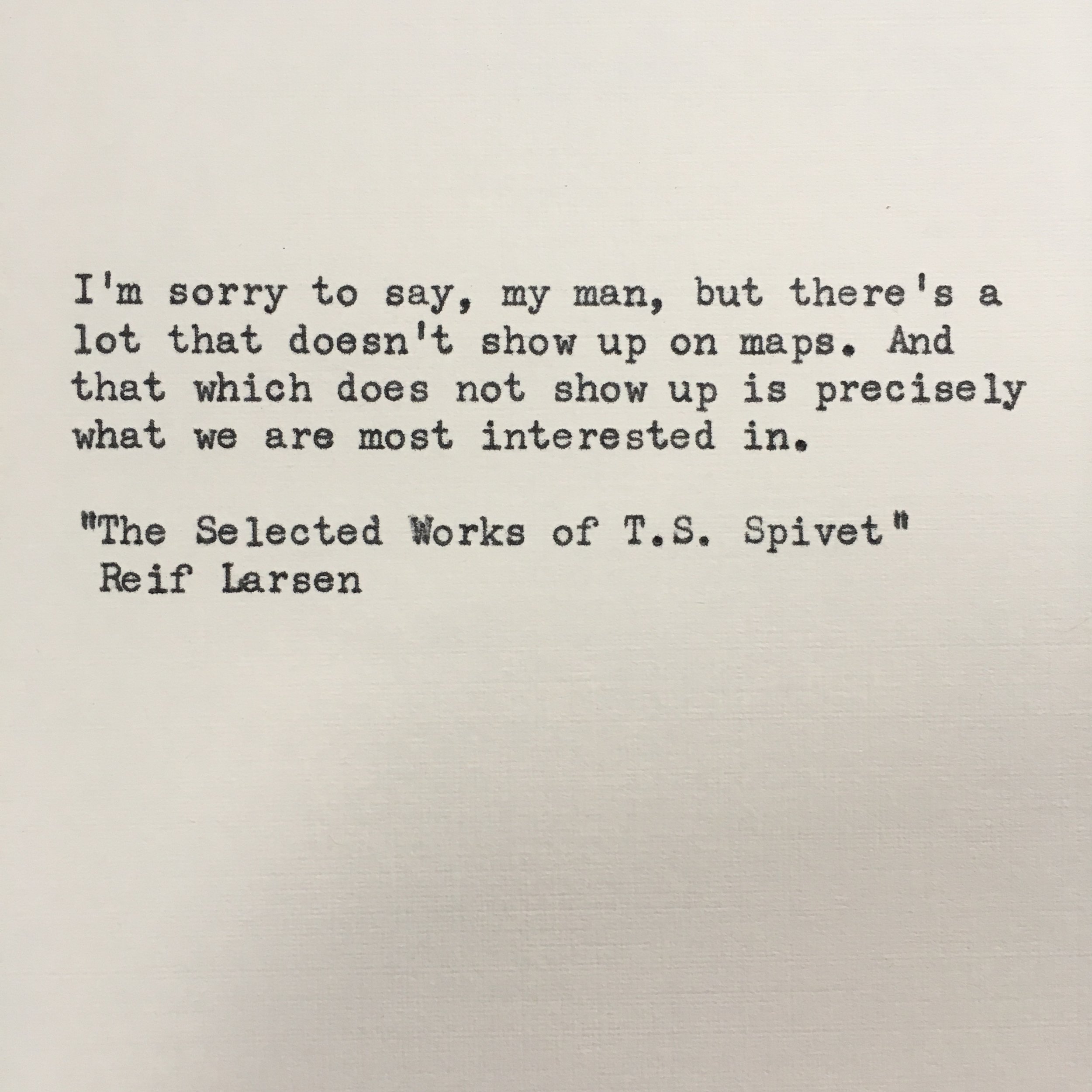Why We Should Get Excited About the Smallest Things
Angostura bitters were originally created by a German general in Simón Bolívar’s army as a tonic for stomach ailments. Now, they are known for two main reasons: their frequent use as a cocktail ingredient (a Manhattan or an Old Fashioned come most immediately to mind), and, the distinct over-sized label they are wrapped in.
When he died, his two sons took over and moved the company from Venezuela to Trinidad. After enduring some financial hardship, they entered their bitters in a competition, each brother taking responsibility for a different task: one, the bottle; the other, the label. Neither consulted the other, the label was too big for the bottle, and it was too late to make a change. They lost the competition but won something much larger, much less deliberate — identity.
When Petrarch — the Italian poet and humanist — rediscovered Cicero’s letters, history places a marker in the ground and tells us the Renaissance began. It was an era of two behaviors: first, a celebration of the immense, concentrated power of earlier minds — minds fraught with wonder, invention, struggle, searching, and hardship — and second, something of a separation from that history. It wasn’t emulation of the past, it was a conscious decision to take hundreds of years of thought, ponder it, absorb it, and let it swirl around in the present to create something new. Take Petrarch’s words (as quoted from The Swerve, by Stephen Grenblatt):
“I much prefer that my own style be my own,” Petrarch wrote, “uncultivated and rude, but made to fit, as a garment, to the measure of my mind, rather than to someone else’s, which may be more elegant, ambitious, and adorned, but one that, deriving from a greater genius, continually slips off, unfitted to the humble proportions of my intellect.”
This spirit was echoed by Coluccio Salutati — the chancellor of the Florentine Republic (similar to the idea of our Secretary of State) — in his writing as well:
“I have always believed,” Salutati wrote in the same spirit, that “I must imitate antiquity not simply to reproduce it, but in order to produce something new…”
So we have Petrarch and Salutati, along with a story about bitters, all forging their own accidental (and enduring) identity. But I’d like to expand this intellectual ensemble, and suggest that this notion exists even more broadly. Enter Vincent van Gogh, writing to his brother about how dazzled he was by the cypresses he was sketching in Arles:
“They are constantly occupying my thoughts. It astonishes me that they have not yet been done as I see them.”
Or Jimmy Reed, the famous blues musician. Here’s what he thought about playing guitar:
“I’m gonna stay away from everyone else’s style because I never did worry about tryin’ to play nobody else’s style but my own.”
Let’s include the culinary world. How about Jeffrey Steingarten, food critic at Vogue, writing about the key to making good bread:
“The secrets, it seems, lies in the baker’s hands, his art and intuition…”
We could also cross into the gender and sexual rights movement with something Andrew Solomon said earlier this year on the TED stage in Vancouver:
“Forge meaning, build identity.”
If these minds have ever been grouped together before, I don’t know about it, but now they have a common thread: across time and place and language and issue, regardless of who came before and irrespective of what they found to be dazzling, each sought an identity so fiercely distinct that their name became a way of describing something unique. As in an 18-year-old Keith Richards excitedly writing to his aunt Patty after meeting Mick Jagger:
“[Mick’s] got every record Chuck Berry ever made and all his mates have too, they are all rhythm and blues fans, real R&B I mean (not this Dinah Shore, Brook Benton crap) Jimmy Reed…”
Yes, that same Jimmy Reed mentioned earlier. To the founding members of The Rolling Stones, he was not just a guitarist, he was a way of describing something much more potent and significant: “Real R&B.”
Forge meaning, build identity. And wrap everything you own in a garment that fits the measure of your mind, size of the bottle be damned.








